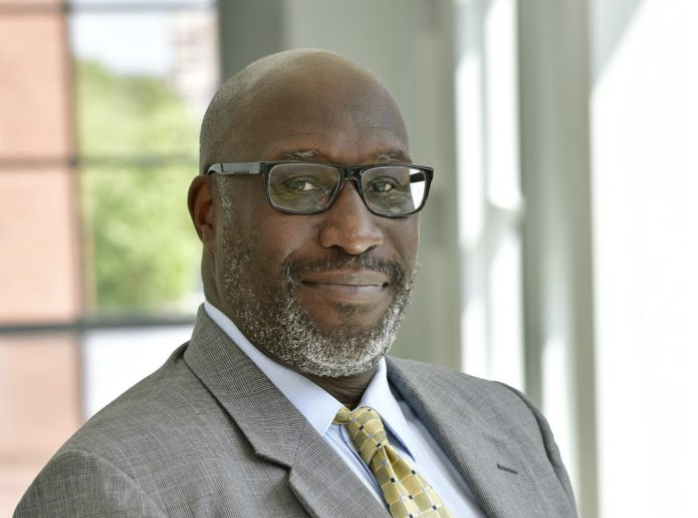A work environment that is not only diverse but inclusive is essential to the productivity of workers. Patrick F. McKay, the Fox Stanley and Franny Wang Professor of Human Resource Management, believes a diverse work environment is only the first step in helping workers feel comfortable stating their individual ideas. In a conversation with McKay, he discusses the inspiration behind his research on the importance of inclusivity in the workplace.
Q: What inspired you to pursue research in diversity and inclusivity in the workplace?
A: It came from a standpoint of skepticism. I was a skeptic about diversity. I come from a sociology background, where groups often don’t get along. It’s a source of intergroup strife, so I thought, why in the world would this stuff matter? That’s what drove me to test it. I wanted to see if diversity climate mattered to various organizational outcomes, be it group differences in performance, unit performance, etc. And it did. So that skepticism turned into a bit of optimism towards the diversity climate concept and how it impacted so many different things. It led me to research the question: Is the work environment conducive for diversity?
Q: Why is diversity and inclusion in a business setting important, and how does it impact employees’ work habits?
A: Inclusion makes everyone feel valued. Being validated in the workplace makes employees work a lot differently than when they’re marginalized and feel like they don’t matter. It is simply that, which is why I don’t necessarily endorse the diversity concept numerically. Hiring a bunch of different people and putting them together doesn’t mean that everyone will automatically care about each other. However, when they begin to understand that their differences are valued, they’re more likely to collaborate on new ideas, and that can produce great outcomes. People put their energy into their work instead of holding back to protect themselves because they believe they are in an unsafe work environment.
Q: What led you to take a position at the Fox School?
A: It was a promotion to an endowed professorship from my full professor position at Rutgers. Also, a big concern of mine is that there is very little representation of minority faculty at the full professor level at Research level 1 institutions like Temple. And even less at the endowed professorship level. I saw it as an important symbolic move too, showing that scholars of color are not just at the lowest level, that we are capable of achieving this status.
Q: Where did you previously research?
A: I was at Rutgers for 12 years, and I researched a multitude of organizations, including retail, municipalities, fire and police departments and a lot of other different sources. Now, at Temple, I’m really trying to continue with mentoring the next wave of scholars.
Q: You co-authored a scholarly article focusing on organizational climate justice and how it deters sexual harassment occurring in the workplace. What led you to research this topic? What were your findings? And how can this be beneficial and implemented beyond the business sector?
A: Due to my interest in group disparity, the case of women being mistreated in terms of harassment was an addition to my previous research. I stumbled upon the tailspin survey data from the Department of Defense. I received data that led me to study ways to reduce the incidents of harassment and ended up coming up with the policy impressions of it. Based on the policy impressions, it affects people’s reactions to work and the degree that someone encounters harassment at the workplace. So I thought that would be a great study. Something people need to hear: You can actually curve harassment from happening through policy implementation.
The second paper takes off from there, touching on what the policy means in terms of reducing it further. We found a justice climate that further reduces the incidents of harassment, answering the question: What contextual features can we shift in order to reduce the incidents of harassment against women?
Q: How is implementing these policies beneficial for business owners and workers alike?
A: When you maintain a favorable diversity climate, it helps your business. We have shown evidence that it affects business outcomes. Not only is it the right thing to do, but it also makes good business sense. It makes you a good corporate partner, people work harder for you and people want to patronize your business. Corporate social performance data shows that good employers do well because people will patronize them more. It’s good for business and the right thing to do.

